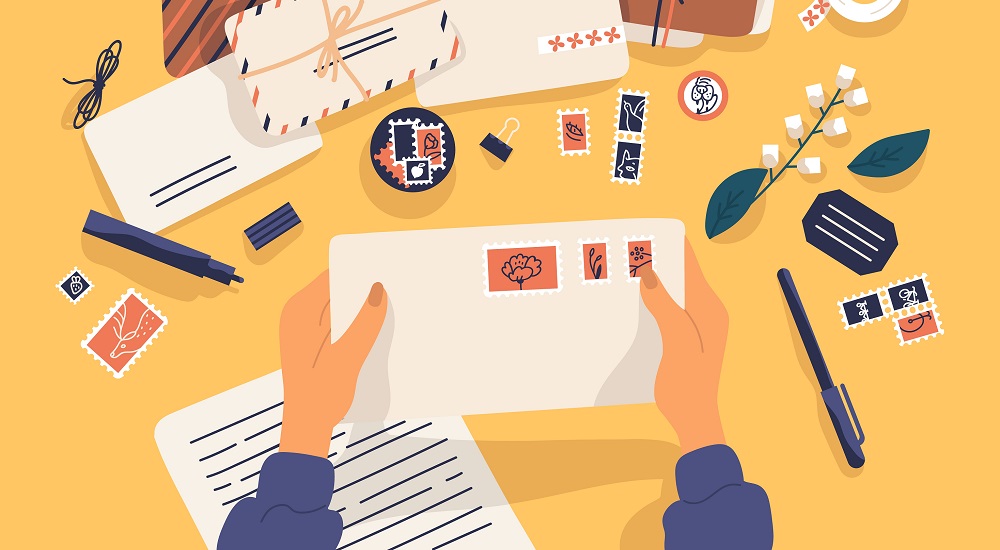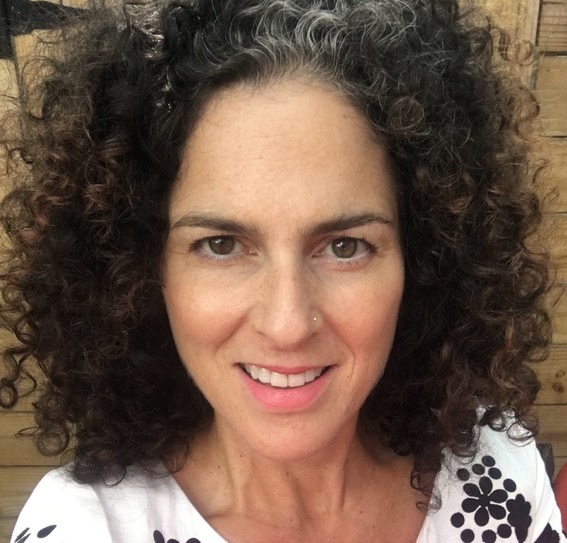 GOODSTUDIO/SHUTTERSTOCK
GOODSTUDIO/SHUTTERSTOCK
(Part 1 of 2)
The day we got the stay-at-home order because of a new virus, COVID-19, March 13, 2020, is seared in my memory. Just like Sept. 11, 2001, the day the Twin Towers in New York City and the Pentagon in Arlington, Virginia were targets of terrorism, and Aug. 31, 2005, the day Hurricane Katrina devastated the Louisiana Coast, to name a few significant dates in recent history.
I will always remember that date and saying to my co-worker as we packed up our office, “Take everything you’ll need as if we won’t be back for months,” even though we were told that we’d likely be able to come back in two weeks. That was 237 days ago.
All of us experienced some degree of trauma as a result of the COVID-19 pandemic. (For the purpose of this piece, I am going to focus on the COVID-19 pandemic but want to acknowledge the concurrent and much longer-lasting pandemic of racism that plagues our country.) We know from research that trauma impacts cognition (how we process information), emotional regulation (how we manage our emotions) and our ability to look to a positive future and plan ahead. If you’re new to the concept of trauma and the impact on the brain and our well-being, I’ve provided a brief reading/watching list of resources at the end of this piece.

Rebecca Fabiano
These abilities, to think clearly and take reasonable risks, to express emotions and to plan for a bright future are bolstered through positive, caring relationships. One of the things that COVID-19 has impacted has been our relationships.
For example, most children and youth were sent home from school and after-school programs back in March without getting to say a proper good-bye to their friends, teachers or after-school group leaders. Communal gatherings that center relationships and connections like birthday parties, quinceañeras, graduations, proms and funerals were no longer possible.
Staff all of a sudden were cut off from their colleagues, who provided a listening ear at the end of the day or who shared an inspiring moment.
Free tools
Since the beginning, our field has excelled at relationship building. We do that by showing up and being consistent. Many youth development professionals are called to the field because of the positive impact an adult had on them as a child or teen and their desire to be that positive adult for someone.
When surveyed, participants routinely list the staff as one of the top three reasons why they attend our programs. As Rita Pierson says in her TedTalk, “Every kid needs a champion,” “It’s about the relationships.” There is ample research that shows “… the process of trauma recovery happens largely in relationship.”
Right now, some of the most important work for out-of-school time is relationship building.
One way to do this is to utilize the Search Institute’s Developmental Relationship Framework, which emphasizes five key ways to foster positive relationships. Part of relationship building is letting the person you’re connecting with know that you see them. By that I mean not just that they may be standing or sitting in front of you, but that you are tuned in and looking for ways to connect, by paying attention and by listening. It also means that you’ve taken time to get to know them, the things they like and don’t like, their talents and aspirations.
The Search Institute has put together a variety of free tools that staff can use to assess where they may need to focus their efforts to deepen relationships, and they provide tips and activities for doing so. The Institute has also developed new tools and resources in response to COVID-19.
As a team at Fab Youth Philly we utilized this framework throughout our summer job program, which we successfully ran throughout the pandemic. This was a way to center relationship building as a way to ensure that youth thrived in the program. I will confess that I also apply this framework to how I engage with and support my staff in order to center relationships as a priority across the organization.
Because our field is endlessly creative, I’m guessing many of you are already doing many of the ideas listed below that help foster relationships and connections. If you haven’t done any of these yet, give one or two a try. Some of these ideas may seem very simple and even obvious. There is no need to overcomplicate things; sometimes going back to basics is what we all need.
More ideas
- Send a text, email, video or a note to participants to let them know you’re thinking about them.
- Take it back old school and send a postcard or letter. If you send a letter, put a self-addressed stamped envelope in it and encourage them to send you a note back.
- Pick up the phone and call. Sometimes too much screen time can be draining so getting a break from the screen may be welcomed by some. Also, difficult or sensitive conversations may be easier to have over the phone (like sitting side by side in the car) than when having to stare directly at the other person from a web camera.
- If you can, do a drive-by or walk-by to say hello in person from a safe distance.
- Leave a chalk message on the sidewalk.
- When establishing virtual programming, build in opportunities for young people to co-lead or lead some of the activities. Show them that you trust them to be a leader.
- Assign and foster accountability buddies to help reach various goals. This helps with planning and can help with managing and recovering from trauma.
- Create a “Our favorite memories” board using Jamboard or other co-planning tools like Mural or Whimsical or Padlet and have people contribute their favorite memories. And then, to help with future planning, create a “when we’re all back together we’re going to do ….” board.
- Send a handwritten note home to parents/caregivers telling them something special about, or a favorite memory of, their child/teen.
- Set up a “meet a scientist, an arborist, a barber” virtual get-to-know-you meeting or panel to continue to introduce youth to other caring adults while also meeting developmental needs like college and career planning.
The last thing I’ll say about relationships is to make sure you attend to the relationship you have with yourself. Youth development professionals go above and beyond all the time, but as the saying goes, “You can’t pour from an empty cup,” so you also have to make sure you nurture yourself.
- Remember to take breaks from screens.
- Get outdoors and get some fresh air when and if it is safe to do so.
- Drink water.
- Get sleep.
- Look at videos of kittens and puppies (I know this contradicts what I said about screen time, but I promise it will get those endorphins and your dopamine recharged).
As the world around us continues to feel like it’s spinning off its axis, one of the best things we can do as a field for our participants, their families and for each other is to go back to the basics and focus on our relationships.
(Part 2 of 2)
Resource list:
Dr. Nadine Burke Harris, TedTalk on Adverse Childhood Experiences study
“At Our Best: Building Youth-Adult Partnerships in Out-of-School Time Settings,” edited by Gretchen Brion-Meisels, Jessica Tseming Fei, and Deepa Sriya Vasudevan.
“The critical ingredient: Caring youth-staff relationships in after-school settings,” Jean E. Rhodes.
Ways to Stay Connected During Social Distancing, Metro Family.
Rebecca Fabiano, master of science in education, is the founder and president of Fab Youth Philly, a values-driven organization that supports youth-serving organizations, connects youth development professionals to networking and professional development and innovates original programming for children and teens.





























